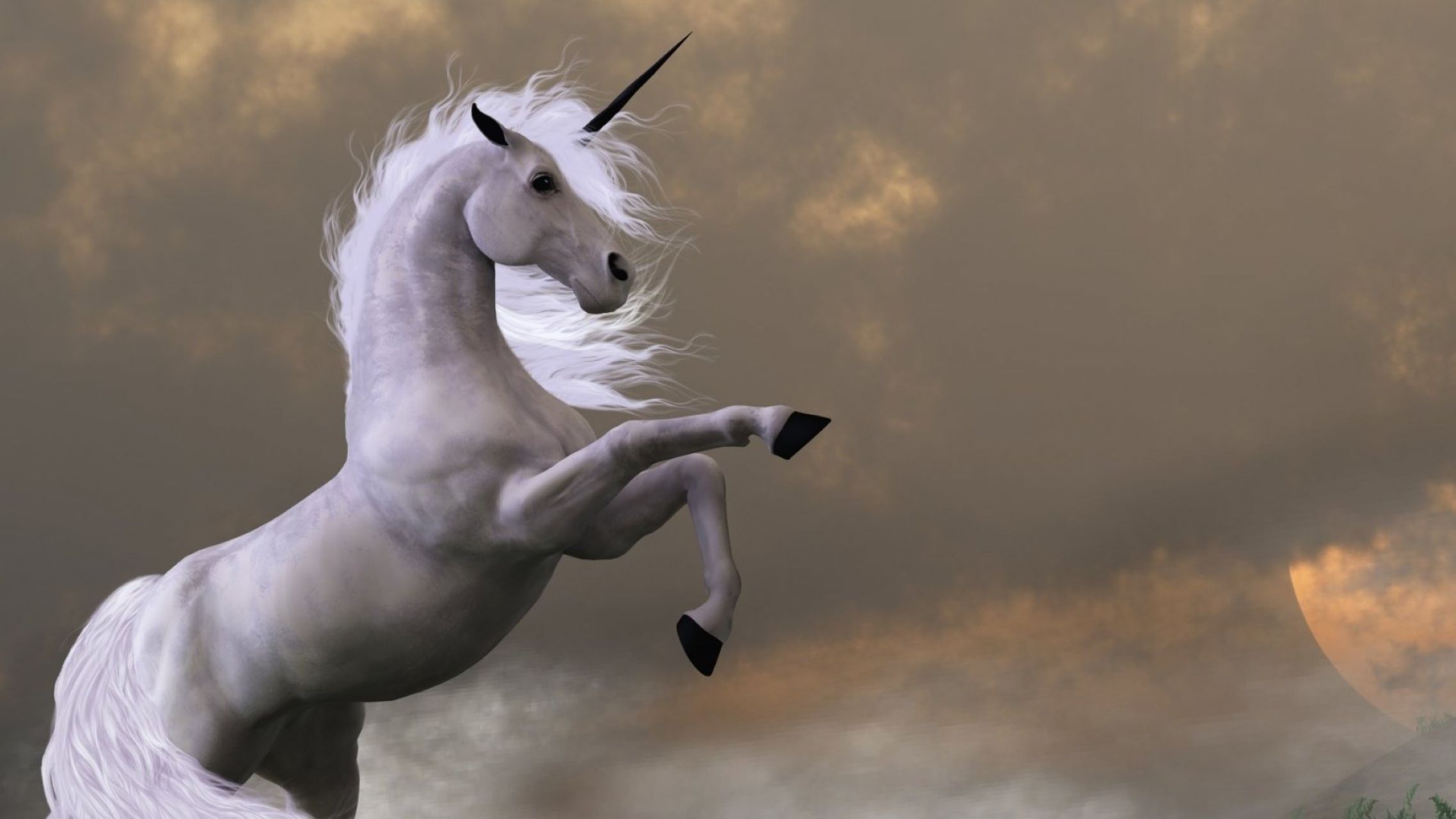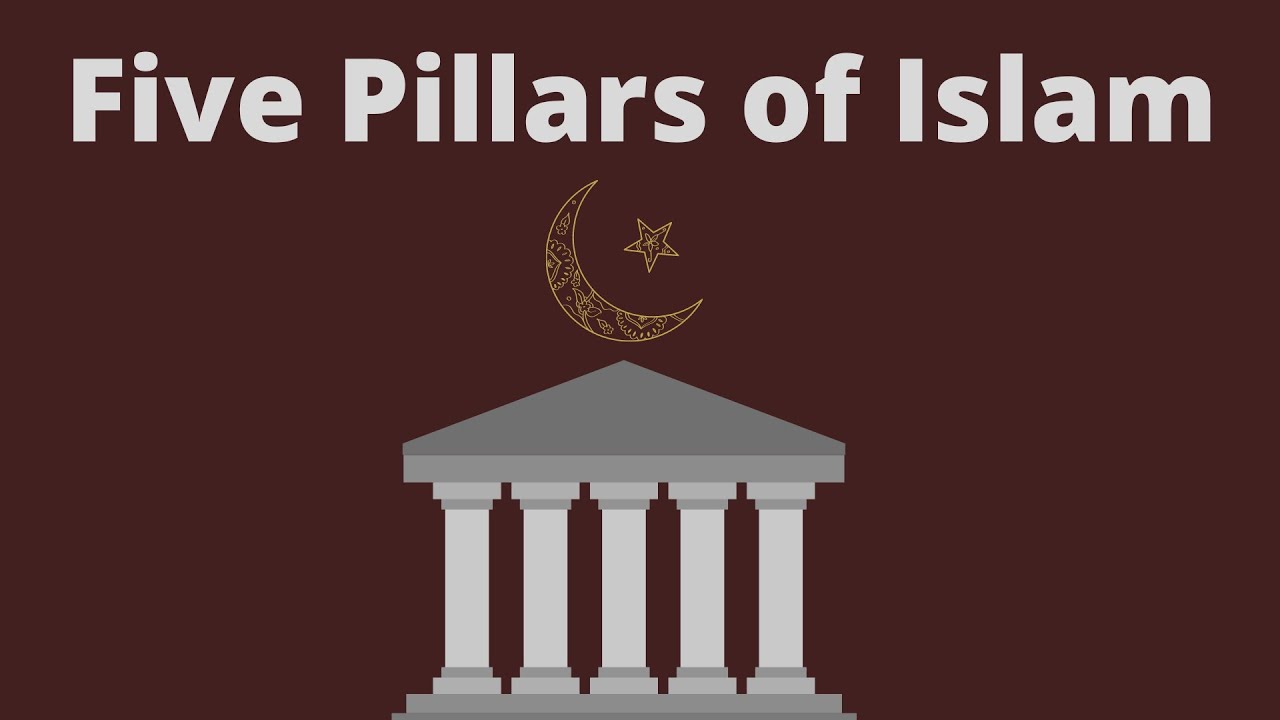
Unicorns have long captivated the imaginations of people around the world with their mythical beauty and magical abilities. These enchanting creatures, often depicted as horse-like beings with a single horn on their foreheads, have been the subject of countless stories, legends, and folklore throughout history. While unicorns may not exist in the physical world, their presence is still felt in popular culture, from children’s books to movies and fashion trends.
But how much do we really know about unicorns? In this article, we will uncover 19 fascinating fun facts about unicorns that will truly amaze you. From their origins in ancient mythology to their symbolism in different cultures, as well as some surprising real-life connections, these facts will help you appreciate the enduring appeal and allure of the unicorn. So, saddle up and prepare to embark on a journey into the realm of unicorns!
Key Takeaways:
- Unicorns have been a part of myths and cultures for centuries, symbolizing purity, grace, and healing powers. They inspire imagination and creativity, appearing in art, literature, and popular culture.
- Unicorns are gentle, elusive creatures associated with good luck and fortune. They have captured the interest of cryptozoologists and continue to inspire a range of merchandise, representing the power of imagination and the realm of possibilities.
Unicorns are mythical creatures.
Unicorns have been a part of mythologies and folklore for centuries. These beautiful creatures are often depicted as horse-like beings with a single horn on their forehead.
Unicorns symbolize purity and grace.
In many cultures, unicorns are seen as symbols of purity and grace. They are often associated with innocence and are believed to possess magical healing powers.
Unicorns are known for their long, flowing manes and tails.
One of the most iconic features of unicorns is their long, flowing manes and tails. These vibrant and colorful locks add to their mystical charm.
Unicorns are believed to possess the power of flight.
In folklore, unicorns are often depicted as being able to fly. Their pure hearts and magical horns are said to grant them the ability to soar through the skies.
Unicorns are often associated with rainbows.
Rainbows are frequently depicted alongside unicorns, adding to the enchantment and wonder surrounding these mythical creatures. It is believed that unicorns can create rainbows with their horns.
Unicorns are gentle and elusive creatures.
Unicorns are typically portrayed as gentle and elusive creatures. They are known for their shy nature and are said to only reveal themselves to those with pure intentions.
Unicorns have been depicted in various forms of art.
Throughout history, unicorns have been featured in paintings, tapestries, and sculptures. They continue to inspire artists today with their ethereal beauty.
Unicorns have a prominent place in popular culture.
Unicorns have captured the imaginations of people all around the world and have become popular characters in books, movies, and television shows.
The belief in unicorns dates back to ancient civilizations.
The belief in unicorns can be traced back to ancient civilizations such as Mesopotamia and ancient Greece. These cultures considered unicorns to be sacred and powerful creatures.
Unicorns have a special significance in various mythologies.
Unicorns are mentioned in the mythologies of different cultures, including Chinese, Indian, and European folklore. They are often depicted as symbols of strength, purity, and magic.
Unicorns are believed to have healing powers.
According to legends, the horn of a unicorn possesses healing properties. It is said to have the ability to cure ailments and purify substances.
Unicorns were mentioned in ancient texts.
References to unicorns can be found in ancient texts such as the Bible and ancient Greek writings. These mentions further solidify the enduring fascination with these mythical creatures.
Unicorns have been associated with royalty.
In medieval times, unicorns were often associated with royalty and were considered symbols of power and nobility. It was believed that only a true and rightful king could tame a unicorn.
Unicorns have different names in various cultures.
Unicorns are known by different names in different cultures. For example, in Chinese mythology, they are called “Qilin,” while in Persian mythology, they are known as “Shadhavar.
Unicorns are not limited to white color.
While white is the most commonly associated color with unicorns, they can be depicted in various colors such as gold, silver, and even rainbow hues. Their color is often associated with different qualities and attributes.
Unicorns are considered good luck charms.
In many cultures, the sighting of a unicorn is believed to bring good luck and fortune. They are seen as protectors and bringers of positive energy.
Unicorns have captured the interest of cryptozoologists.
Some cryptozoologists, who study creatures whose existence is disputed or unproven, have dedicated their efforts to uncovering the truth behind the existence of unicorns. However, the search remains inconclusive.
Unicorns have inspired a range of merchandise.
From toys and clothing to home decor and accessories, unicorns have become a popular theme for merchandise. Their magical and whimsical appeal has attracted people of all ages.
Unicorns represent the power of imagination.
Above all, unicorns represent the power of imagination and the realm of possibilities. They inspire us to believe in magic and to embrace our dreams and creativity.
Conclusion
In conclusion, unicorns are fascinating and enchanting creatures that have captured the imaginations of people for centuries. From their mythical origins to their symbolic representations, unicorns have become icons of beauty, purity, and magic. With their stunning appearance and legendary powers, it’s no wonder that unicorns continue to be a beloved subject in literature, art, and popular culture.Whether you were already a fan or newly intrigued by these incredible creatures, I hope this article has provided you with some fun and interesting facts about unicorns. From their horn symbolism to their diverse appearances across cultures, unicorns truly are a captivating topic.So, the next time you come across a unicorn in a story or see one in a piece of art, remember the intriguing facts you’ve learned here. Unicorns may be mythical, but their allure and charm endure in our hearts and minds.
FAQs
Q: Are unicorns real animals?
A: No, unicorns are mythical creatures that exist only in folklore and imagination. There is no scientific evidence to support their existence.
Q: What is the origin of the unicorn myth?
A: The myth of the unicorn originated in ancient Greece and has since been incorporated into various cultures and legends around the world.
Q: Why are unicorns associated with purity?
A: Unicorns are often depicted as symbols of purity and innocence due to their majestic and ethereal nature. Their white color and graceful appearance contribute to this association.
Q: Can unicorns fly?
A: In folklore, unicorns were often said to possess the ability to fly. However, in modern depictions, they are mostly shown as land-dwelling creatures.
Q: Do unicorns have magical powers?
A: Yes, in mythology, unicorns were believed to possess various magical powers, such as healing abilities and the ability to detect poison.
Was this page helpful?
Our commitment to delivering trustworthy and engaging content is at the heart of what we do. Each fact on our site is contributed by real users like you, bringing a wealth of diverse insights and information. To ensure the highest standards of accuracy and reliability, our dedicated editors meticulously review each submission. This process guarantees that the facts we share are not only fascinating but also credible. Trust in our commitment to quality and authenticity as you explore and learn with us.


